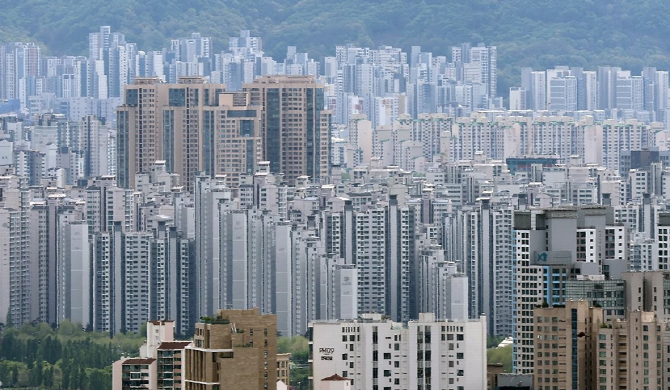
South Korea's Ministry of Land, Infrastructure, and Transport (MOLIT) has uncovered a significant number of illegal real estate transactions involving foreign nationals, primarily focused on apartments, land, and officetels. 1 A recent investigation revealed that 433 suspicious activities were identified in 282 transactions between January 2022 and June 2023.
The investigation found that many foreign buyers had engaged in various illegal practices, including:
Undeclared cash transfers: Numerous individuals were found to have brought more than US$10,000 in cash into the country without declaring it, which is a violation of foreign exchange regulations. This cash was then used to purchase properties.
Illegal remittance: Some buyers resorted to illegal remittance methods, known as "hwanchee," to transfer funds from overseas to purchase properties in South Korea.
Unauthorized rental businesses: Foreigners holding visas that do not permit rental business activities, such as the H-2 visitor visa, were found to be operating rental properties illegally.
Loans from related parties: In many cases, buyers received loans from their parents or other relatives without proper documentation or interest payments, raising concerns about tax evasion.
Misuse of business loans: Some individuals used business loans obtained from financial institutions for real estate purchases instead of for business purposes.
Chinese nationals accounted for the largest proportion of the illegal transactions, representing 44.3% of the total cases. Americans and Australians followed with 14.9% and 5.4%, respectively. Seoul, Chungbuk, and Incheon were the regions with the highest number of illegal transactions.
The MOLIT plans to forward the findings of this investigation to the Ministry of Justice, the Financial Services Commission, and the National Tax Service for further investigation and potential tax penalties. The ministry has been conducting regular investigations into foreign real estate transactions since 2022 to prevent foreign speculation in the domestic property market.
Kim Kyu-cheol, director-general of the MOLIT's Housing and Land Bureau, stated, "We will continue to take strict measures against illegal and unfair practices that disrupt the real estate market, including ongoing investigations into suspicious transactions in newly designated residential areas, real estate agencies, and the greater Seoul area."
[Copyright (c) Global Economic Times. All Rights Reserved.]






























